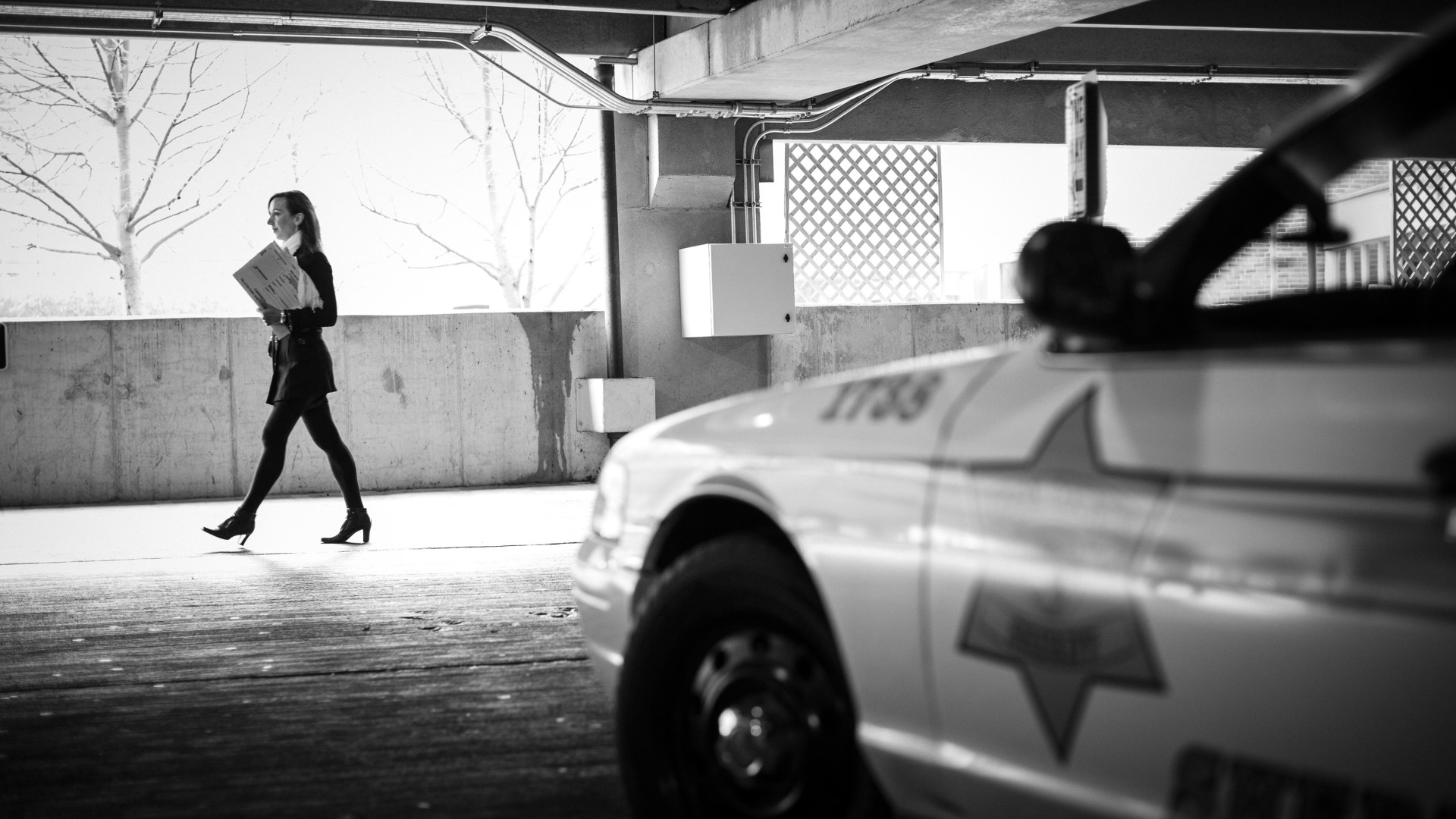Nancy Langert’s murder spurred Jeanne Bishop to grapple not only with Christian forgiveness but also with her vocation. In 1990, the then-29-year-old was a corporate attorney in Chicago.
“I was doing the job out of fear and pride, really—fear of not having enough money, pride in working for the big fancy law firm,” Bishop told CT. “I realized that God gave me this gift of life, and I was squandering it.
“I needed to do the things God gave me this life for: to serve others and not myself.”
Within a year of her sister’s death, Bishop quit her job to become a Cook County public defender. Today, the Yale Law School graduate advocates for Chicagoans who can’t afford a trial lawyer, representing thousands accused of everything from petty theft to murder.
Before Bishop and her clients meet—typically in the lockup of a courthouse—the defendants have been handcuffed, arrested, and put in a cell. They will “be wearing a uniform they did not choose, shoes that may not fit,” said Bishop. They have a number written in marker on their arms, so “they’re not called out by name. They’re called out, ‘Number 24!’”
The majority of Bishop’s clients opt for a plea deal instead of a trial. But before Bishop offers counsel, she asks them for the truth.
“I want to be the smartest person in the room when I stand in front of the judge,” she said. “If I don’t know what really happened, then I’m not the smartest person in the room. I want to know everything so I can investigate every possible avenue of defense.”
Bishop also uses all the details of the crime to teach her clients. One previous client stole the bike of a delivery man who was on the ground, already the victim of having his wallet and cell phone filched.
Bishop asked her client why he failed to call 911 and help the man.
“Oh, I didn’t know him,” he said.
“That’s not okay to do to a stranger,” Bishop told him. “That’s what got you in trouble.”
Another defendant wore a ski mask into a convenience store, pistol-whipping the owner before ransacking the shop. Bishop warned him that going to trial would not only result in a guilty verdict but likely invoke the ire of the judge for traumatizing the shop owner again.
“[The victim] wasn’t that terrified. The gun doesn’t even work,” he said.
“He didn’t know that,” said Bishop. “It’s likely that with the gun in his face, all the owner is thinking is, I have two daughters whom I might never see again. I’ll never get to see their graduation from high school or walk down the aisle for their wedding.”
In talking in depth with clients, she helps to humanize not only victims but also the clients themselves. Several years ago, Bishop interviewed a man accused of breaking into the apartment of an immigrant mother and her daughter. They had watched, helpless, as he stole their belongings. The client grew up in Cabrini-Green, formerly one of Chicago’s roughest housing projects.
“I was eaten by rats when I was a baby,’” he told her. Then he pulled up his shirt to show her the crevice in his stomach. There were chunks of flesh missing from his forearm.
“If you’re an infant in your crib and you’re eaten by rats, one of two things has happened,” she told CT. “You’re screaming and there’s nobody there to hear you. You were left alone. Or, they’re there, but they don’t even care enough to notice that you’re being eaten by rats.
“I have been able to learn about why people commit crimes—what it’s like to be a prisoner, how prisoners often think of their own crimes, and how their narratives of themselves and what happened shifts over time.
“My job is to be as good a lawyer as I can possibly be, because it isn’t about whether I like them or they like me. It’s about this ethical duty I have to be their advocate, no matter what they’ve done.”










